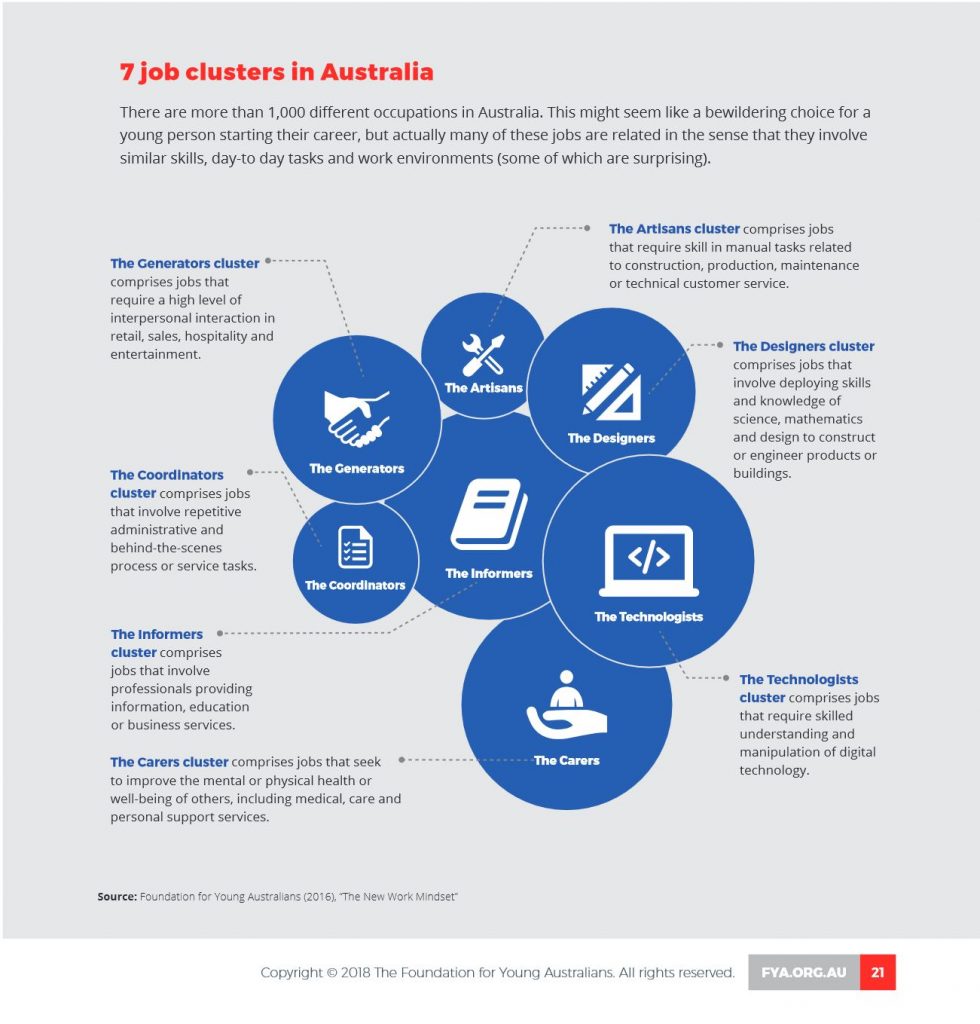I’ll be putting aside some time this week to read this latest report from FYA Digital “The New Work Reality”; following 14000 young people in their study/work journey from age 15 to 25. I’m sure there will be some interesting correlations between this report and ABCN’s 2018 Annual Report
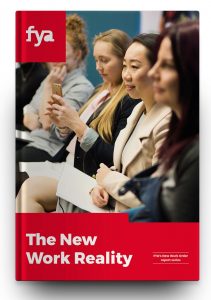
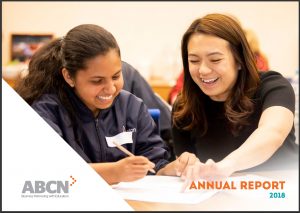
Of the group surveyed for the “New Work Reality” report, only 50% of 25 year olds are employed in full-time work. There are several dimensions to this providing some interesting reading from perspective of an employer, a mentor to young people and also as a parent to a pre-teen.
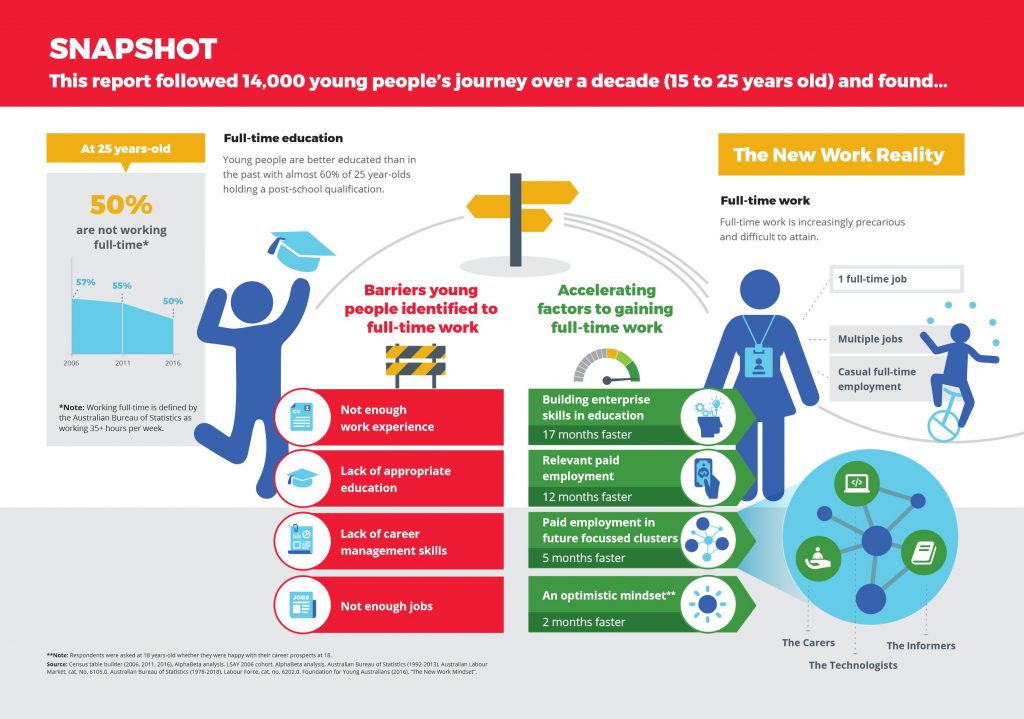
“Not enough work experience”. “Lack of appropriate education”.
Feedback from the people I know in this age group (who are searching for full time employment following study) is reinforced by the findings in this report. Young people who have completed tertiary study are struggling to find full time work in their field, in many cases because they don’t have enough work experience (despite doing unpaid internships) or because they don’t have the supplementary skills and knowledge needed despite completing full time tertiary study. Add to this that the number of graduates applying for entry level positions far outweighs the number of positions actually available.
The solution has to come from a few different angles; supplementing secondary curriculum to develop enterprise and transferable job skills, ensuring tertiary course content is kept up to date with rapidly changing industries and creating the environment for more full-time entry level positions.
Who are ABCN and FYA?
The Australian Business and Community Network (ABCN) and the Foundation for Young Australians (FYA) are two organisations making great progress in this space, helping young people through secondary school and in the transition from study to employment.
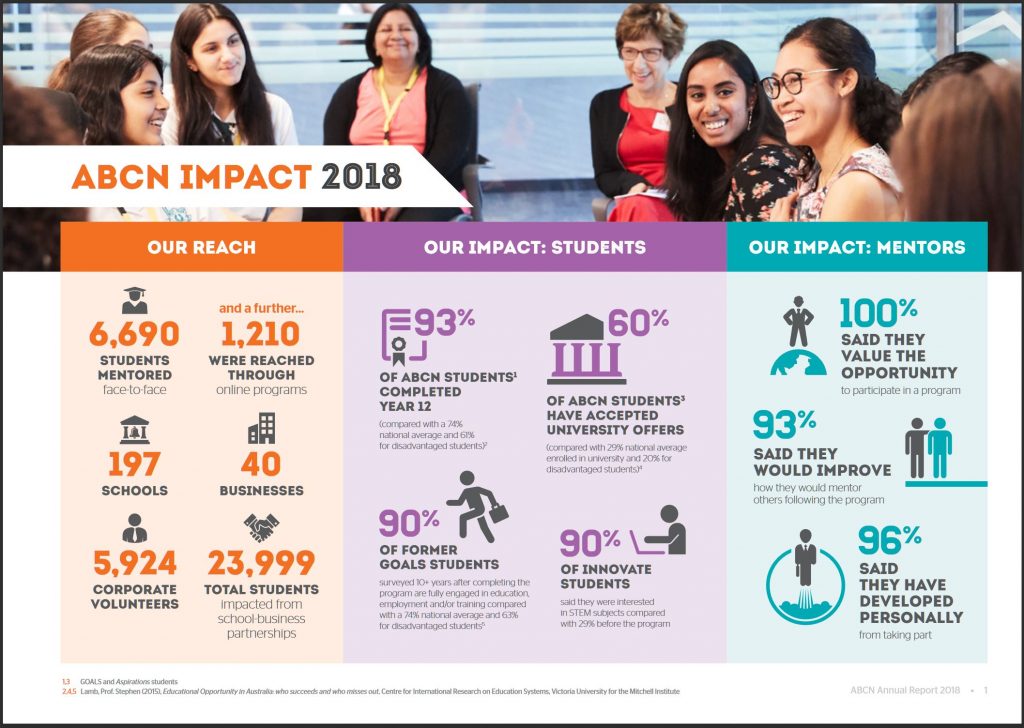
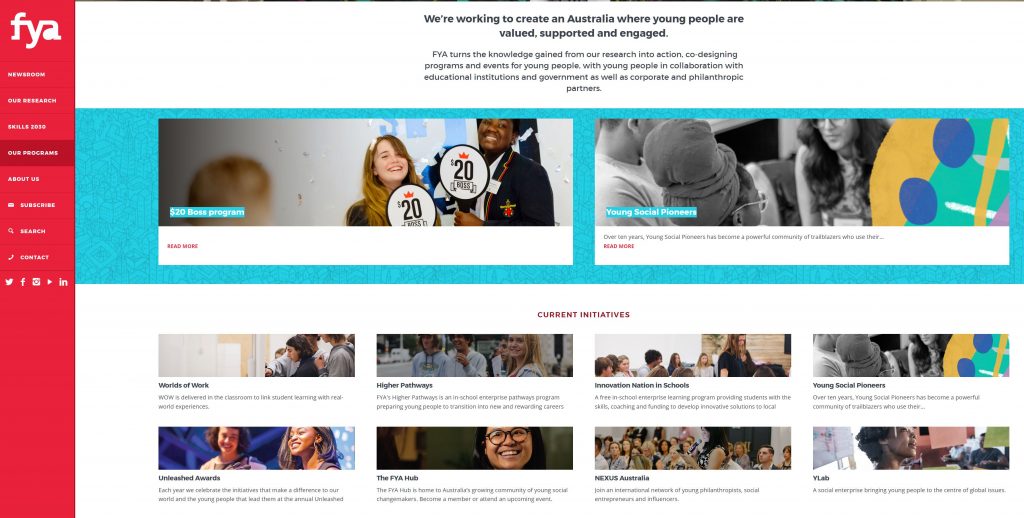
ABCN student mentoring programs
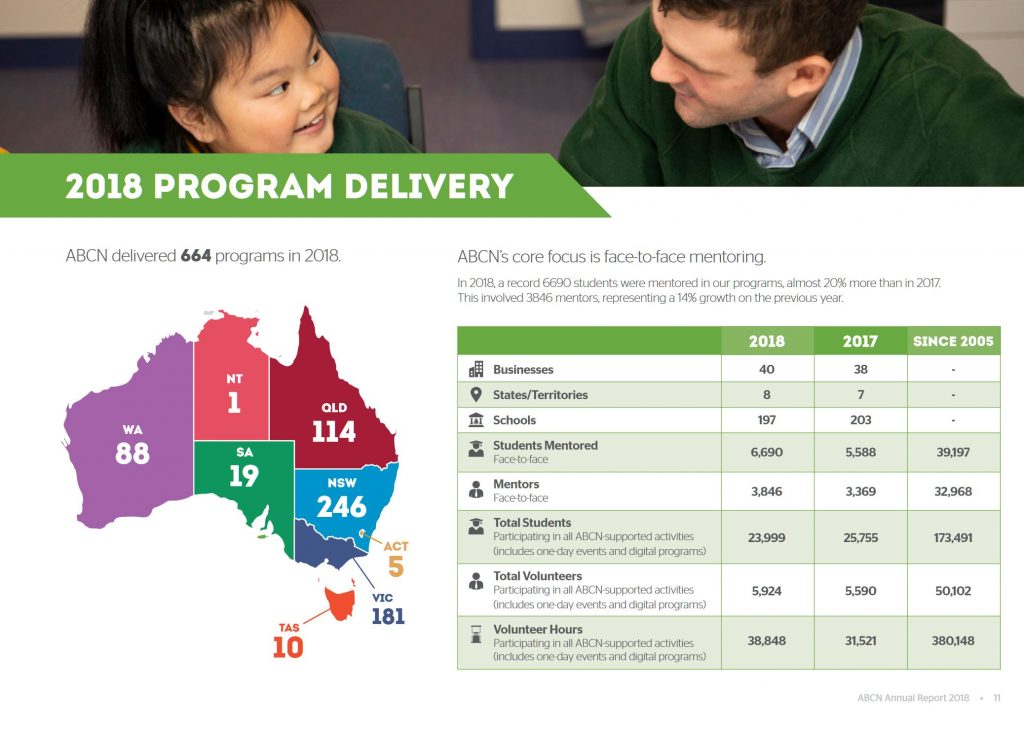
I’ve worked with ABCN over the past 6 years as a mentor and as a program facilitator and every week I see the extremely positive impact that ABCN programs have on the lives of the students we work with.
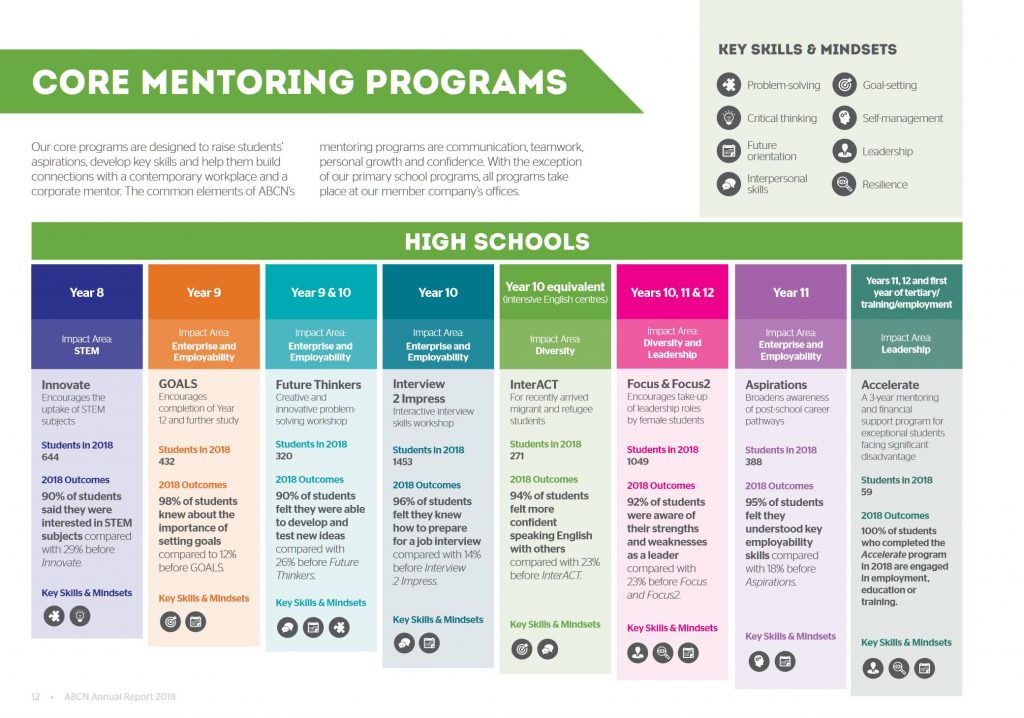
If you haven’t heard of them, you really should check them out. Why?
If you have kids, nieces, nephews, brothers, sisters or grand kids heading towards (or already in!) the 15 – 25 age bracket, they are likely to be affected by the challenges that these organisations aim to alleviate.
